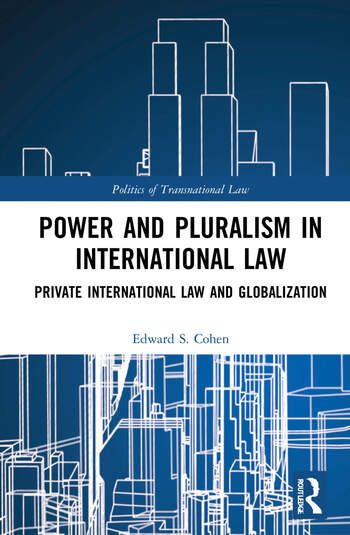
Demonstrating the crucial role that private international law and legality has played and continues to play in shaping globalization, this book argues that the rules, institutions, and actors that make up the practice of private international law have been critical in translating political and economic power into legal regimes that have facilitated the processes of globalization.
These processes depend on two fundamental types of socio-political action – the legal structuring of emerging transnational spaces and flows of goods, capital, and finance, and the legal-political reconfiguration of state power and priorities to facilitate the growth of these spaces and their penetration into national political-economic-and social spaces. While a variety of processes were involved in these forms of action, the material practices of private international law played a central role in this project of political economic reconstruction.
Offering a theory of private international legality as a practice that intersects with and provides a vehicle for the mobilization of political and economic power, this book examines the construction and enrolment of private law expertise and the structural condition of pluralism in the global political economy to argue that private international law has helped construct a global political economy responsive to the priorities of powerful actors and resistant to the demands and interests of the rest of the world’s populations. It will be of interest to academics and students exploring the relationship between law, international political economy and the nature of state power.